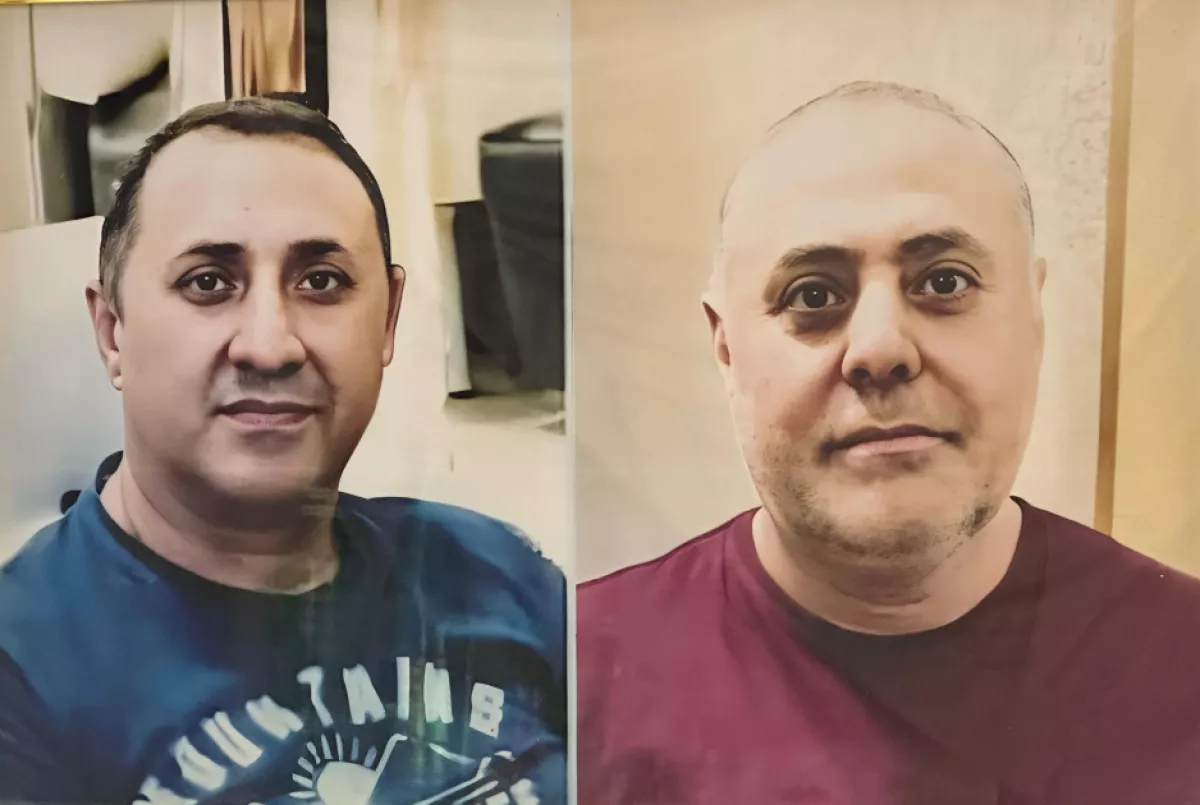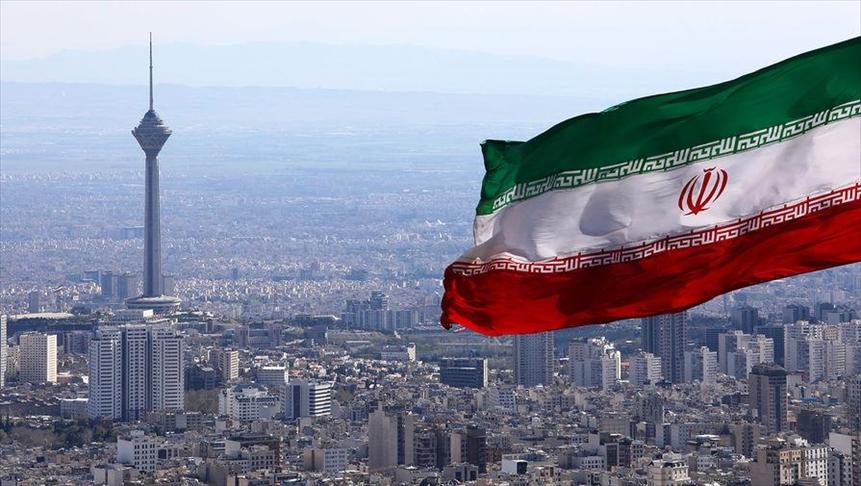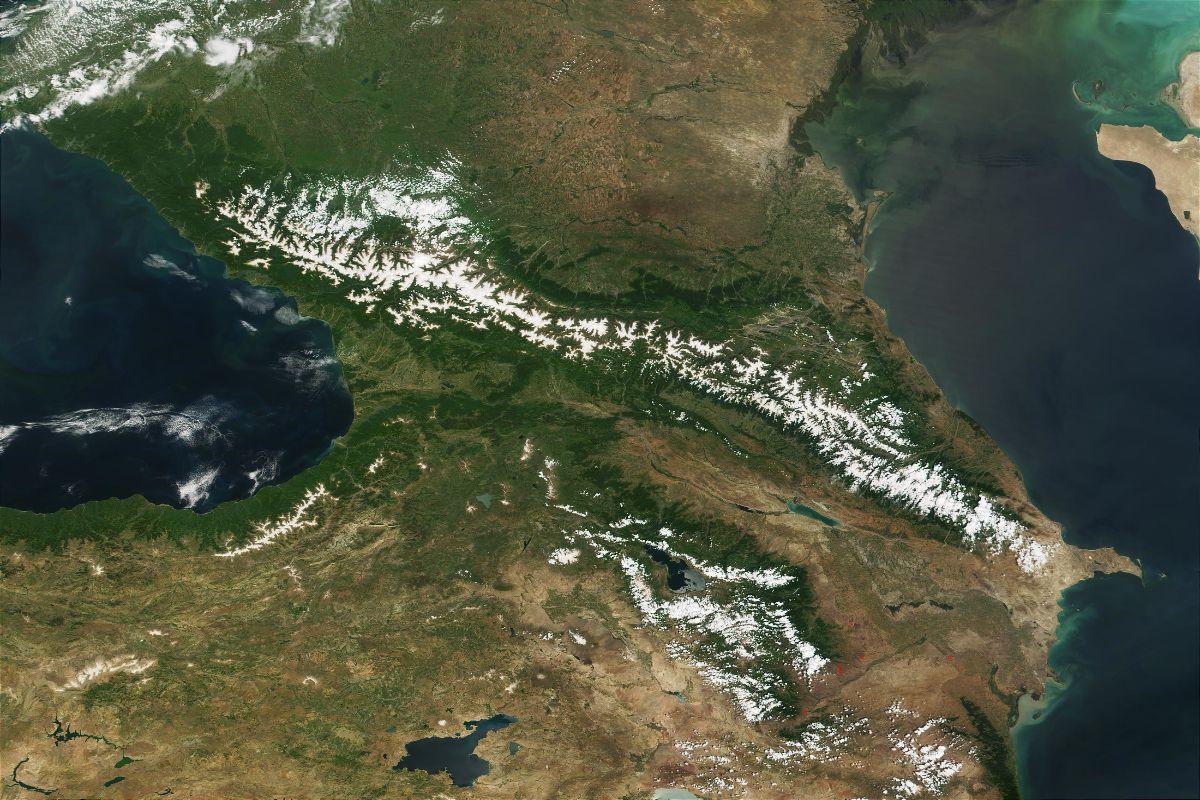Anti-Azerbaijani campaign as a mirror of Russian policy From police brutality to ethnic hatred
An internal Russian problem has turned into an international scandal. Instead of investigating the catastrophic performance of their own security agencies, the Russian authorities allowed the situation involving the deaths of Azerbaijanis at the hands of the Yekaterinburg police to be distorted and used by Russian chauvinists to fuel a campaign of ethnic hatred. Meanwhile, there is no visible sign on the Russian side of understanding the immorality of what is happening and the fatal consequences this could have for Russia itself.
Questionable statements
On June 27, in Yekaterinburg, Russian law enforcement came to arrest two Azerbaijanis suspected of involvement in murders in 2001, 2010, and 2011. As a result, the brothers Huseyn and Ziyaddin Safarov "died" during the detention — allegedly suffering heart attacks. No questions were raised about this version, not even by the Russian media. The authorities acted as if everything was fine.

Although there are clear grounds for immediate intervention by higher authorities — if not directly from Moscow. The issue is not only about the version that is hard to accept. There are also troubling details: in addition to the two deceased, several relatives of the suspects with serious injuries ended up in hospital.
The problem of police violence in Russia is well known, although Russian media recently have not spoken about it, focusing only on the most unusual stories — for example, you can google “suspect’s severed ear.”
Yet the death of two suspects during arrest from “heart problems” in any country would raise questions and immediately lead to resignations and thorough investigations with published results and public discussion. Since this concerns law enforcement agencies, whatever the intentions of the officers, their actions must comply with the law. No matter who the suspects are.
But after the tragic incident, Russian authorities pretended that nothing special had happened and simply arrested many more relatives of the “deceased.” Russian media — both state and private — began to spread the official version of the Yekaterinburg security forces. Instead of solving the problem, they started to cover up the chaos within the state and justify hatred toward people of another nationality in Russian society.
Which, of course, finally exhausted the patience of the Azerbaijani side. On June 29, Azerbaijan’s Ministry of Culture cancelled all joint events with Russia, and the Azerbaijani delegation refused to participate in the meeting of the interparliamentary commission due to the “targeted killings and violence.”
Dangerous symptoms
The fact is that there are grounds to see behind this tragic incident deeper problems within Russia’s domestic policy. Consider this: long before the tragedy in that distant Ural city, influential Russian nationalists began working on the topic of diasporas and national-cultural autonomies in Russia. Allegedly, this is a harmful Soviet-era practice, when all kinds of “non-Russians” were given too many rights and generally allowed to participate in politics as equals, without renouncing their nationality. To draw attention to their xenophobic discussions, these influencers spread stories about supposed violations and even crimes allegedly connected to diaspora organisations of various peoples in Russia.
We will not delve into verifying the truthfulness of these accusations. Suffice it to say: if even some of the accusations are true, the complaints should be directed at the Russian law enforcement agencies, not calls for repression against the diasporas.
Moreover, this campaign has been going on for a long time and was not limited to just one diaspora. Its characteristics suggest it was not spontaneous. Judge for yourself: none of the accusations brought forth have ever gone to court. And the accusations were aimed at the diasporas of Turkic peoples and Tajiks. For example, Russian nationalists don’t even attempt to target the Armenian diaspora with its leaders — businessmen involved in dubious schemes.

In April, the Azerbaijani diaspora specifically came under scrutiny within pro-government Russian circles. After the court in Novokuznetsk handed down a verdict unacceptable to Russian nationalists, one activist wrote: “If you’re a member of the Azerbaijani diaspora, they won’t even put you in a detention center. Because the diaspora is a privilege.”
In fact, the case was handled by the police, the prosecutor’s office, and the court. And if there is a court and you disagree with the verdict — then perhaps the criticism should be directed at your own state? Nevertheless, such xenophobic messages spread widely across the internet — which in Russia is controlled, meaning only “approved” content circulates.
However, making accusations against specific law enforcement agencies and their officers in Russia is fraught with consequences, so activists say nothing about that. Instead, all these discussions were twisted into the narrative that “it’s time to put all these ‘non-Russians’ in their place.” It’s worth adding that many of these nationalists are openly connected to various Russian state organisations, so such talk cannot be dismissed as mere idle chatter.
On the eve of the tragedy in Yekaterinburg, hysteria over “foreigners” and the supposedly harmful “multinationalism” was more than evident. There were complaints that crosses weren’t painted on buildings, that roads were blocked in front of mosques but not churches, and even outrage over why state media use the word “Rossiyskiy” (Russian, as in relating to Russia as a country), not “Russkiy” (Russian, as in ethnic Russian). It all bordered on madness.
The entire Russian nationalist brotherhood — from war correspondents to court historians — even used the Israel-America-Iran war to warn about the “danger” posed by “foreigners” to Russian society. With a serious demeanor, they spread nonsense — claiming, for example, that Iran suffered heavy losses in the war because the country was infiltrated by spies and saboteurs from among the Afghans, recruited by foreign intelligence agencies. They insisted that Russia too should pay attention to the “non-Russians” roaming its cities from the southern republics of the former USSR.
This narrative sounded like nonsense, since in Iran it is true that negative stereotypes about Afghans (of which there are a couple of million) exist, but during the recent war, there was no significant espionage or sabotage linked to them (the vast majority of detainees were Iranians themselves, including some with foreign passports).

In the Iranian public sphere, this topic was practically absent, although foreign intelligence agencies tried to inject similar narratives via social media. Meanwhile, in the Russian media space, it was kept “on the boil.” The message was: “Russia — wake up!”— as if even Iran had supposedly recognised the danger. This narrative was actively promoted by all Russian right-wing groups—legal and even affiliated with various state institutions.
In other words, the atmosphere in Russian media and public discourse was deliberately heated against everything connected to Central Asia and the Caucasus. This could only contribute to tragedies like the one that happened in Yekaterinburg.
The anti-Turkic and anti-Muslim hysteria fueled by activists and “war correspondents” is yet another example of when competent Russian state bodies, or if not them, then the country’s leadership, should have intervened to stop the madness. But this was not done.
As a result, both society and the security forces are losing control and becoming vulnerable to manipulation.
Xenophobia and racism — A path to collapse
Russian media, right-wing activists, and government agencies demand that diasporas be “put in their place” within the Russian Federation: “Integration of migrants is only possible on the premise: ‘You came to a wonderful country that provides you with work — so you must...’”

Russian nationalists are not limiting themselves to the borders of the Russian Federation. For example, a well-known state military expert in Russia stated: “The best (if not the only) way to establish proper order in the South Caucasus is to restore the Transcaucasian Military District of the Russian Armed Forces and to organize the FSB’s administration for the Caucasus region with the principled and categorical exclusion of local personnel from working in this structure.”
We will not dwell on the moral aspect of such statements, which reek of racism and hatred toward everything “non-Russian.” These people have clearly rid themselves of the “chimera of conscience.” Instead, we will focus on where such rhetoric leads — and it is important to emphasize that these words come not from marginal commentators but from members of “public chambers” and “councils” attached to high-ranking officials.
First, this leads to the tearing apart of Russian society internally and the creation of tension with huge masses of labor migrants and later also citizens of the Russian Federation belonging to non-Great Russian ethnicities. Therefore, all previous xenophobic statements by Russian nationalists should be linked to the Yekaterinburg case.
Secondly, these incidents and the threats to create a “Transcaucasian Military District” undermine Russia’s relations with neighbouring countries and peoples. The threats themselves are, of course, empty. They sounded especially strange on the very day when roughly the same circles in Russia triumphantly announced the full control over the entire Luhansk region. Yes, it’s impressive: the result of more than eleven years of effort — an entire region taken.
The only sensible way out of the situation created after Yekaterinburg is to bring the entire matter back within the framework of Russian law.
That means an immediate and thorough investigation of the “detention” in Yekaterinburg, as well as other acts of xenophobia and racism against Azerbaijanis and other non-Slavic peoples in Russia. At the same time, there must be full enforcement of Russian laws against Russian nationalists who sow discord between the peoples of Russia — a country that exists only as a multinational state, built on the synthesis of Slavic, Turkic, Finno-Ugric, and Caucasian elements.








